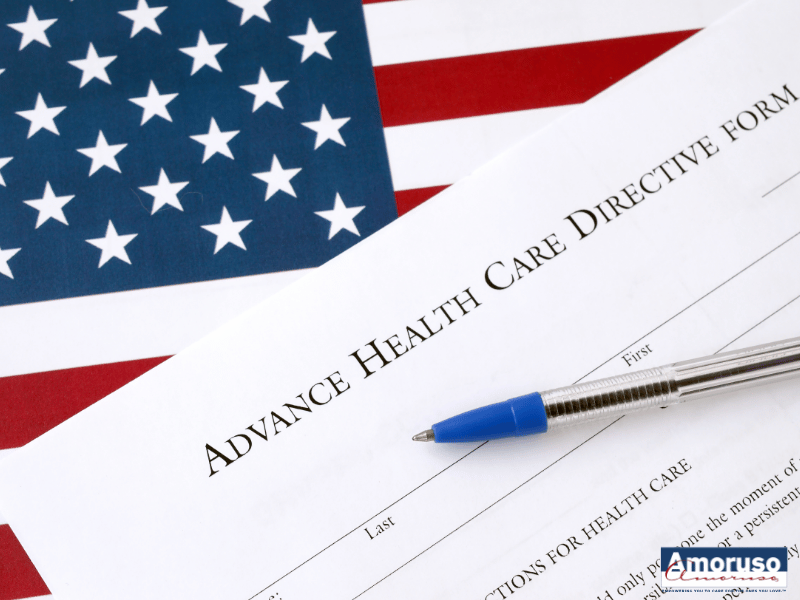
At some point, you may become unable to make or communicate decisions regarding your medical treatment. Advance health care directives in Westchester County are legal documents that outline your medical care and end-of-life preferences. Your family and health care providers can rely on your advance directive if you become incapacitated, giving everyone involved clear directions about the types of care you want to receive.
What Are Advance Health Care Directives?
Advance health care directives allow you to document your wishes regarding your medical care and end-of-life treatment if an accident or illness leaves you disabled or incapable of making and/or communicating decisions regarding your care. These directives inform your health care providers and family of your treatment preferences and allow you to appoint trusted individuals to make medical decisions when you cannot.
Types Of Advance Health Directives in Westchester County
Advance health care directive planning can involve the execution of various documents, such as:
- Health care proxy – A health care proxy allows you to appoint a person (called a health care agent) to make medical decisions when you cannot. In New York, you can only appoint one health care agent at a time.
- Do not resuscitate (DNR) order – A DNR is a document instructing medical providers on when to perform CPR if your heart or breathing stops. A DNR is written and signed by your doctor after consulting you, a family member, or other designated representative. DNRs are important because, in some cases, a doctor may be able to save your life but leave you with long-term complications that you don’t want to endure. A DNR can help you avoid that outcome, both at home or in a facility such as a hospital or nursing home.
- Medical orders for life-sustaining treatment (MOLST) – A MOLST form can be used along with a DNR to inform physicians and first responders of your wishes regarding other types of life-saving or life-sustaining treatment, such as the insertion of feeding tubes and ventilators. MOLST forms are often used in nursing home, long-term care, or hospice settings.
- Disposition of remains – A disposition of remains is a document authorizing a person to direct the physical handling of your body after death.
The Benefits Of Planning Ahead
Advance health care directives can give you peace of mind that your medical wishes will be carried out according to your beliefs and preferences. These legally binding documents can also prevent confusion and disputes among family members who may have to make sudden and tough choices. By having a clear document conveying your decisions, your loved ones won’t have to wonder about “what you would have wanted” for intensive medical treatment, life-sustaining care, or end-of-life care.
Do I Need an Estate Planning Lawyer To Set Up My Advance Directive?
Hiring a lawyer with experience in incapacity planning can make the process of documenting your wishes more efficient and less stressful. At Amoruso & Amoruso LLP, our experienced estate planning attorneys can identify your needs, walk you through the various planning tools, and execute documents communicating your health care choices in compliance with New York law. Without a valid and enforceable health care directive, the people who end up making your medical decisions may not be your preferred choices and may make decisions contrary to your wishes.
Contact Our Westchester County Estate Planning Attorneys Today
If you need help with future health care planning in New York, a knowledgeable lawyer from Amoruso & Amoruso LLP can provide guidance on the contingencies you should plan for if you become incapacitated. We can help you choose a health care proxy and prepare the documents needed for a valid advance health care directive in Westchester County. Contact us today for an initial consultation on how advance directives can round out your comprehensive estate plan.










